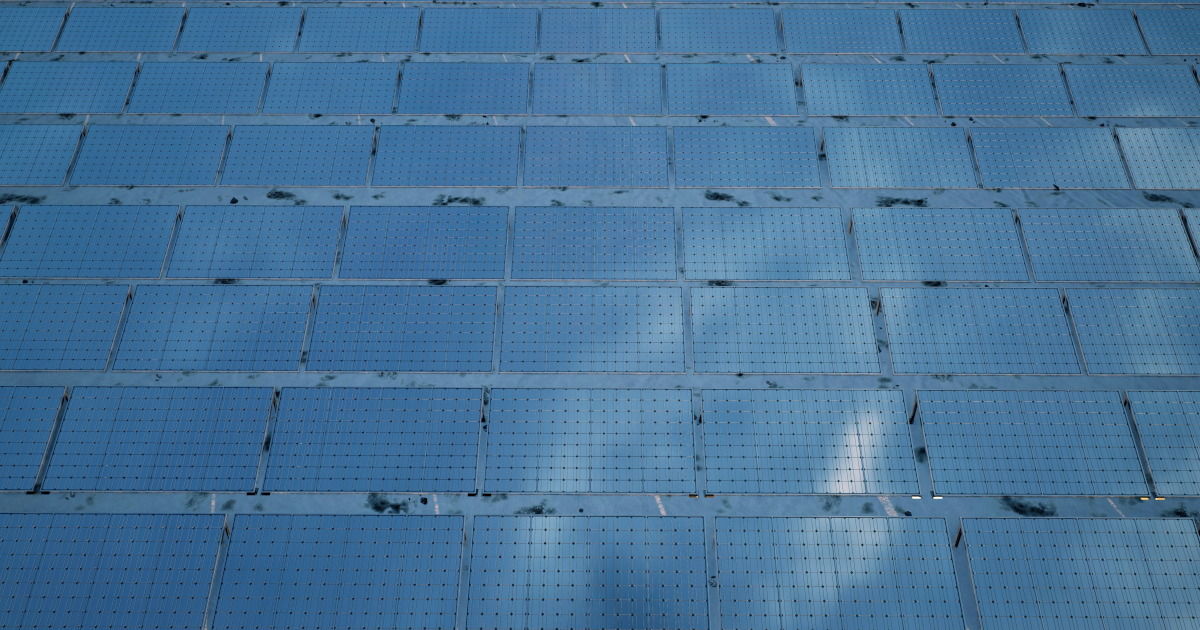FAQ: Rainmaker's Miranda Water Technologies Selected for Ontario Sustainable Housing Project

Summary
Rainmaker Worldwide's affiliate Miranda Water Technologies has been selected to provide decentralized wastewater treatment for a residential development in Northumberland County, Ontario, enabling sustainable rural housing expansion through advanced water technology that supports Ontario's Bill 17 housing goals.
What is the main announcement in this content?
Rainmaker Worldwide’s affiliate Miranda Water Technologies has been selected to provide decentralized wastewater treatment for a major residential development in Northumberland County, Ontario, using their Miracell® RBC Ultra system.
Why is this project significant for rural housing development?
The project enables sustainable rural housing expansion by allowing the community to support up to 150 homes instead of the originally planned 50, overcoming traditional constraints of large private septic systems that limit density and design flexibility.
How does the Miracell® RBC Ultra system work and what are its benefits?
The Miracell® RBC Ultra is an advanced biological treatment solution that enables sustainable water reuse for irrigation and fire protection, features a compact modular design, and supports higher housing density while protecting the local environment.
Who are the key companies and organizations involved in this project?
Rainmaker Worldwide Inc. (OTC: RAKR), its affiliate Miranda Water Technologies, Robe Development Corporation, and Stalwood Homes are leading this residential development project in Ontario.
Where is this project located and when was it announced?
The project is located in Northumberland County, Ontario, and was announced on October 29, 2025.
How does this project align with government housing policies?
The project aligns with Ontario’s Protect Ontario by Building Faster and Smarter Act, 2025 (Bill 17), which encourages faster and more efficient housing construction supported by modern infrastructure.
What types of housing can now be developed with this technology?
Developers can now plan more diverse communities with smaller lot sizes, including semi-detached homes, townhouses, and low-rise condominiums, which were previously constrained by traditional septic systems.
What are the environmental benefits of this wastewater technology?
The system allows for treated water reuse for irrigation and fire protection, improving sustainability and water resilience within the community while protecting the local environment.
How does this selection benefit Rainmaker Worldwide and its investors?
This project demonstrates Rainmaker’s ability to convert innovative water technology into tangible growth opportunities, reinforcing market position and strengthening long-term value for shareholders in the expanding decentralized wastewater solutions market.
What does this mean for future housing development in rural areas?
This technology enables sustainable growth where traditional infrastructure cannot reach, supporting housing expansion, environmental protection, and economic development simultaneously in rural and underserved regions across North America.

This story is based on an article that was registered on the blockchain. The original source content used for this article is located at NewMediaWire
Article Control ID: 268465